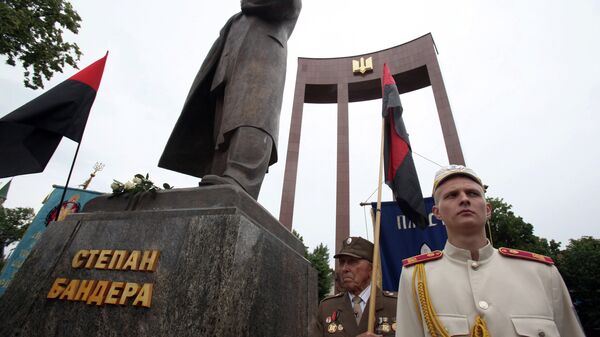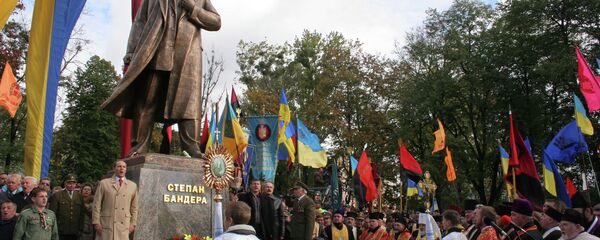Polish authorities declined Russia’s invitation to attend the Victory Day Parade in Moscow citing Russia's alleged involvement in the Ukrainian crisis, moreover, Warsaw did not send any official to take part in the celebrations “as if Poland did not take part in the great war."
"It was as if we were not the second largest force after the Red Army among the allies. It's like it does not matter that our quantitative casualties were less only than the victims of the Soviet Union and in proportion they surpassed all European countries. As if we did not win this war! While it was our biggest victory since the time of the Battle of Grunwald," the Polish journalist noted.
"The 70th anniversary of the victory over Nazi Germany could have been a chance for Polish national pride. It was supposed to unite people of different generations and different political views. It [the victory in WWII] had to keep the memories of the last living participants of the war. It also had to restore the centuries-old good relations between Poland and its neighbors and comrades in arms, with whom we had shed our blood," the Polish newspaper continued.
Just a few hours after, Ukrainian lawmakers adopted a law on the glorification of the Ukrainian Insurgent Army (UPA), whose soldiers took part in the Volhynia massacre during the Second World War. "Can you offend Poles more?" the author wrote.
The UPA was established as the armed wing of the Ukrainian nationalists in 1942. The UPA operated mainly in western Ukraine, fighting against Soviet forces on the side of Nazi Germany. In 1943, the UPA massacred as many as 100,000 Polish civilians in Volhynia and Eastern Galicia.




